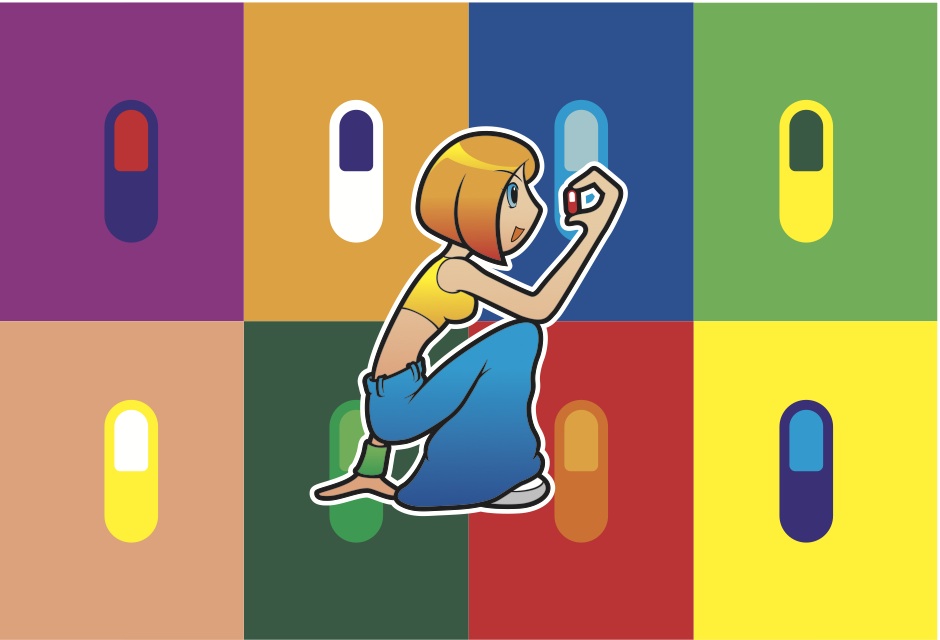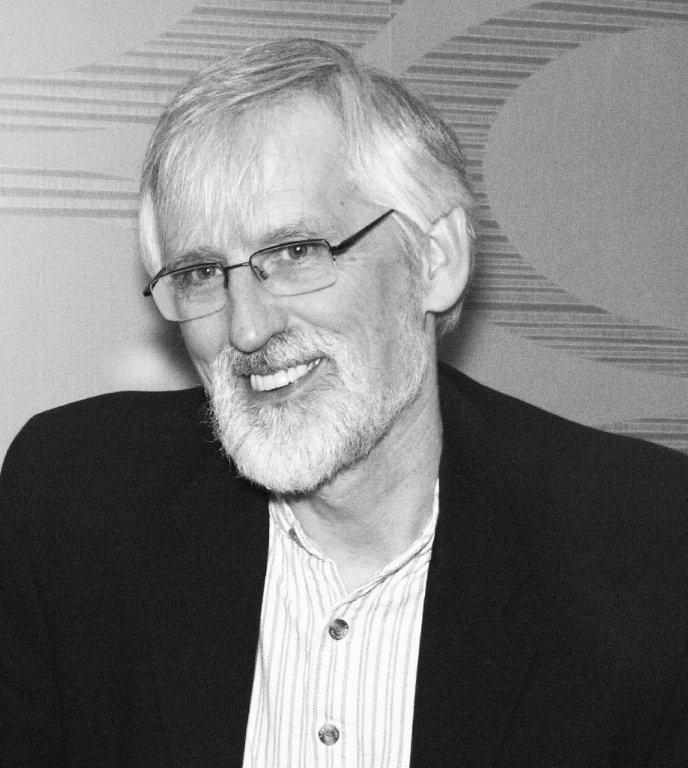With the recent deaths at Toronto’s VELD festival or the Boonstock Festival in Penticton, BC, many people are now scrambling to come up with explanations for the tragedies. Toronto Police are blaming bad drugs. Many media outlets are taking the opportunity to blame youth culture. Whatever story we tell, the fact is that people are doing drugs at parties.

That’s where The Trip! Project comes in. We go where the party is. We hit up bars, festivals, frosh events, concerts, bathhouses, raves, after hours clubs – wherever folks are getting down. Here at Trip! we neither condemn nor condone drug use. Trip! is a harm reduction outreach group based in Toronto. We offer peer support, tripsitting (supporting someone through a psychedelic crisis) and give out tons of information about how to party safer.
The Trip! Project is run by peers, youth who party themselves and are active in the scene. Peer education is an invaluable tool in harm reduction. When we set up a Trip! booth, we are able to engage with people who party on a different level than other drug educators. As peers, we are able to meet people where they are at, have honest and frank discussions about substances and create a sense of trust. When we do rounds at a party, we’re checking in on people who are suspicious of security and medics but tend to be in situations outside of their experiences. We are able to offer on the spot support, answer basic questions, suggest ways to reduce harm, and spot signs of medical distress. Peers are trusted because they operate outside of formal institutions associated with one-sided information linked to an abstinence-based, prohibition model.
At parties, we set up Trip! booths, which have all kinds of non-judgemental and helpful information on different substances, safer use and safer sex. We give out condoms and lube as well as different coloured straws, so that if folks are snorting with friends they can keep track of their straw and reduce the risk of spreading Hepatitis C.
Our outreach workers also liaise with venues and promoters to help them make their parties safer. We advocate for free water. We encourage clubs and venues to allow ins and outs so that people can cool down and suggest other simple measures to help create a safer nightlife. At festivals, we encourage organizers to keep police away from medic tents unless absolutely necessary. This stops people in need of medical attention from avoiding medics because of fear of criminalization. Most importantly, we try to help organizers acknowledge drug use at their events and allow us to help make it safer.
Festivals can be safer. Nobody has to die at a party. But we need a harm reduction approach that gives people the information and resources they need to stay safe.
Contact us at: info@tripproject.ca and like us on Facebook!
Author: Steff Pinch, harm reduction outreach worker at the Trip! Project
**Please note that the material presented here does not necessarily imply endorsement or agreement by individuals at the Centre for Addictions Research of BC.


